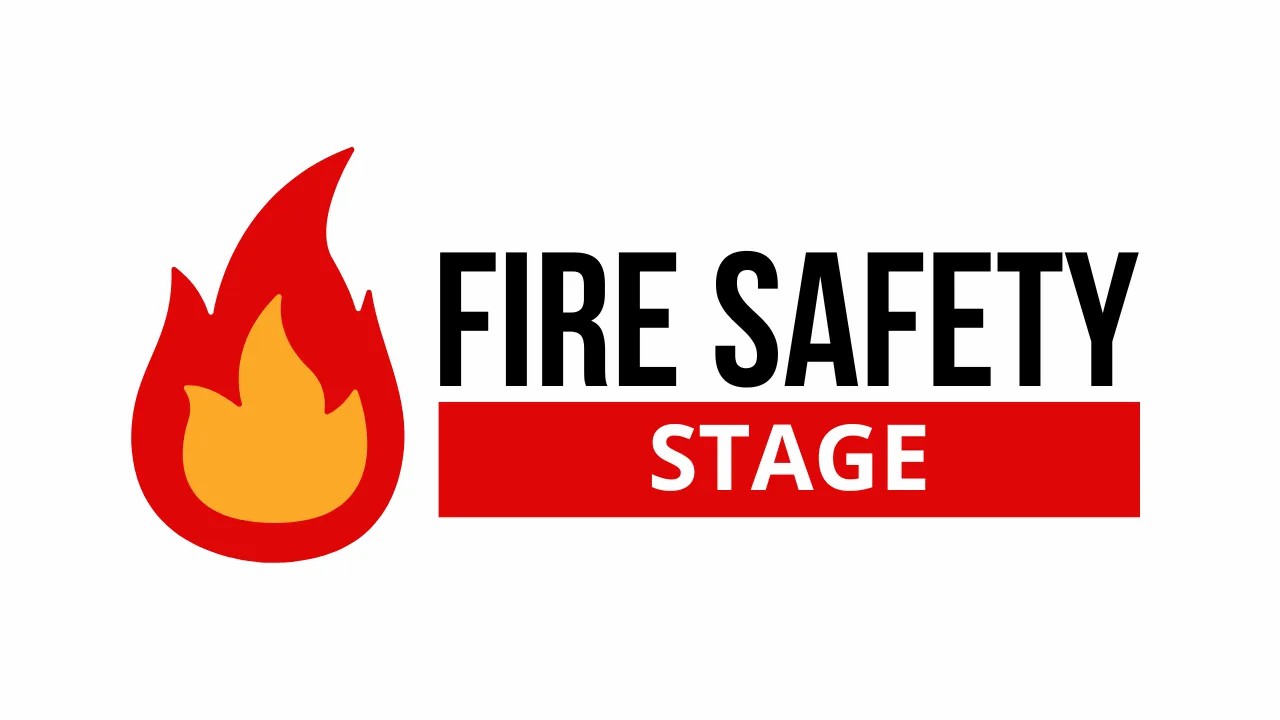


 349,500 Offered Certificates
349,500 Offered Certificates
 24/7 Online Training
24/7 Online Training
 Money Back Guarantee
Money Back Guarantee
 Fully Accredited Courses
Fully Accredited Courses

Created at: 26-02-2025 17:41
In a world where fire emergencies can devastate lives and property, understanding fire safety is not just beneficial—it's essential. In Ireland, the importance of fire safety goes beyond mere compliance; it’s about safeguarding our workplaces, homes, and communities. This guide explores why fire safety training is crucial, especially in urban centers like Dublin, Cork, Galway, Limerick, Waterford, and Belfast, and how it can significantly reduce fire-related risks.
Fire safety training encompasses a variety of educational programs designed to equip individuals and organizations with the knowledge and skills necessary to prevent fires and respond effectively in emergencies. These training courses cover vital topics such as:
In Ireland, fire safety regulations mandate that employers and property owners take appropriate measures to ensure safety.
The Fire Services Act and other related legislation require that businesses and public buildings conduct fire risk assessments and provide staff training. Failure to comply can result in legal consequences, hefty fines, and increased liability in the event of a fire incident.
Investing in fire safety training yields numerous benefits not just for compliance, but also for overall safety culture. Here’s why:
For companies and property owners in Dublin, Cork, and Galway, creating a robust fire safety training program begins with understanding individual needs and risks. Here’s a suggested approach:
In today's fast-paced environment, the choice between online and in-person fire safety training has become crucial.
While hands-on training is valuable, many organizations are turning to online fire safety courses due to their flexibility and efficiency. The advantages of online training include:
Despite comprehensive training, mistakes can still occur. Here are some common violations to watch out for:
Fire safety training is not just a regulatory requirement; it's a critical component of a comprehensive safety strategy for businesses and homes alike in Ireland. With the right training, organizations can cultivate a culture of safety that protects employees, customers, and property.
Take the first step towards ensuring your safety compliance and enhancing your emergency preparedness today. Enroll in our Fire Safety Training Course Online and equip yourself with the essential skills to protect what matters most.
For more information or to register, contact us at [email protected] or visit our course page here.